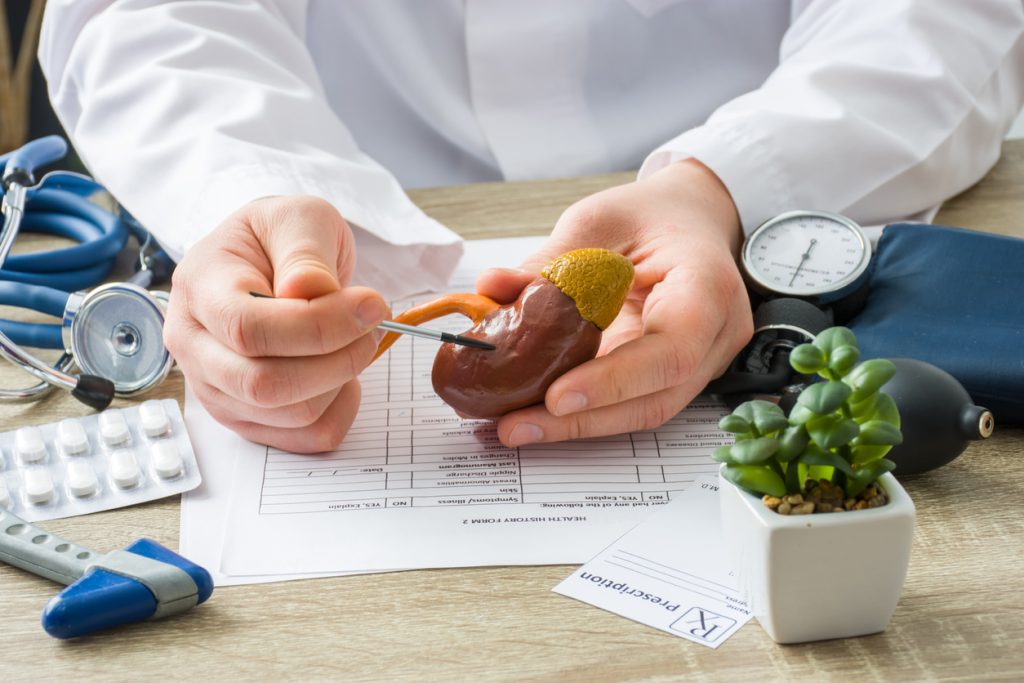What is the function of my kidneys?
Most people know that a major function of the kidneys is to remove waste products and excess fluid from the body. These waste products and excess fluid are removed through the urine. The production of urine involves highly complex steps of excretion and re-absorption. Understanding the basic function of your kidneys will help you monitor your health and well-being.
What are the early signs of kidney problems?
You might think symptoms of kidney problems would be obvious. After all, the kidneys are among the most important organs in the body, carrying out crucial functions that enable us to live each day. Kidney disease is one of the silent diseases that can lead to severe long-term disability or even death if left untreated. It’s the forgotten pandemic,” says Dr. Abdul Ali Abdellatif, practicing transplant and general nephrologist and dialysis medical director at Houston Medical Clear Lake Hospital in Texas. Knowing the symptoms, such as changes in urination, swelling, or fatigue, can help in early detection.How do lifestyle factors like diet, exercise, and hydration affect my kidneys?
Lifestyle interventions, such as those involving changes to diet and exercise, may improve the risk factors for and progression of chronic kidney disease (CKD) and the quality of life in people with CKD. We conducted a systematic review and meta-analysis to examine the current evidence base on lifestyle interventions and CKD. We found 68 randomized controlled trials, 24 being dietary interventions and 23 being exercise interventions. When combined, lifestyle interventions resulted in significant improvements in creatinine, 24-hour albuminuria, systolic blood pressure, diastolic blood pressure, and body weight, although not the estimated glomerular filtration rate. Quality of life improved after lifestyle interventions. Lifestyle interventions seem to positively affect some risk factors for progression of CKD and quality of life.Am I at risk for kidney disease?
Discuss personal risk factors like high blood pressure, diabetes, family history, or medication use. The main risk factors for developing kidney disease are diabetes, high blood pressure, heart disease, and a family history of kidney failure. Diabetes and high blood pressure are the most common causes of kidney disease. Your health care provider may do tests to find out why you have kidney disease. Anyone can get chronic kidney disease. You’re more at risk for chronic kidney disease if you: Have diabetes. Have high blood pressure. Have heart disease. Have a family history of kidney disease. Have abnormal kidney structure or size.
What tests can assess my kidney health?
- Kidney function tests are urine or blood tests that evaluate how well your kidneys are working. Most of these tests measure glomerular filtration rate (GFR). GFR assesses how efficiently your kidneys clear waste from your system. Cleveland Clinic is a non-profit academic medical center. Advertising on our site helps support our mission. Learn about tests like blood urea nitrogen (BUN), creatinine levels, and urine tests that evaluate kidney function.
- Some conditions, such as diabetes or high blood pressure (hypertension), affect how well the kidneys work. If you have one of these conditions, your healthcare provider may use kidney function tests to help monitor these conditions. You may also need a kidney function test if you have symptoms that indicate possible kidney problems.
How does high blood pressure or diabetes affect my kidneys?
-
Men are more likely to develop high blood pressure before age 55; women are more likely to develop it after age 55. In addition to high blood pressure, other factors that increase your risk of kidney disease are High blood pressure can be both a cause and a result of kidney disease. What are the symptoms of high blood pressure and kidney disease?
-
People with diabetes often have elevated levels of sugar (glucose) in the blood, which can cause damage to many tissues in the body over time, including in the kidneys. The working units of the kidneys, called nephrons, contain networks of tiny blood vessels that filter waste products from the blood.
-
Over time, diabetes that isn’t well controlled can damage blood vessels in the kidneys that filter waste from the blood. This can lead to kidney damage and cause high blood pressure. High blood pressure can cause more kidney damage by raising the pressure in the filtering system of the kidneys.
What medications or treatments might affect my kidneys?
- If your kidneys are already damaged, certain drugs can make them worse or lead to kidney failure. Talk to your doctor before taking cholesterol or diabetes medication, antacid medicine for an upset stomach, or antimicrobial meds, like antifungal and antiviral drugs. In some cases, you may be able to take a smaller dose that’s safer for you.
-
Nonsteroidal anti-inflammatory drugs (NSAIDs), diuretics, and angiotensin-converting enzyme (ACE) inhibitors are all drugs that can cause kidney damage. Certain medications administered in hospital settings, such as aminoglycoside antibiotics and vancomycin, can also damage the kidneys.
-
These drugs affect your kidneys in different ways. For example, some can make crystals that don’t break down and can block your urine flow. Others have substances that can damage certain kidney cells when they try to filter them out. Some people also have allergic reactions to antibiotics that can affect their kidneys.
-
Some people are at higher risk of kidney damage from household medications including those who are over 60 years of age or who are living with chronic conditions like diabetes, high blood pressure, and lupis nephritis. Everyday medications that you have stashed in your cabinet could harm your kidneys if taken too often or at high doses.
How can I protect my kidneys as I age?
-
You can protect your kidneys by preventing or managing health conditions that cause kidney damage, such as diabetes and high blood pressure. The steps described below may help keep your whole body healthy, including your kidneys. During your next medical visit, you may want to ask your health care provider about your kidney health.
-
And with 37 million people in the United States struggling with the condition, and millions more at risk for developing it, it’s important to pay attention to your kidneys now, when you can protect them. The kidneys — located on either side of the spine, just below your rib cage — perform many important functions.
-
Your kidneys deserve as much care and protection as your heart or brain. Here’s why, and what you can do. By Heidi Godman, Executive Editor, Harvard Health Letter We all want to protect our heart and our brain. But how often do you think about protecting your kidneys?
What should I do if I have a family history of kidney disease?
If you have a family history of kidney disease, you may be at higher risk for developing CKD. Talk to your doctor to learn more. It’s never too soon to get tested if you fall within this at-risk population. The sooner your doctor can confirm a diagnosis, the sooner you can start a treatment plan to preserve your kidney function. Genetic factors may increase your risk, so knowing what preventive steps to take is important.What are the treatment options if I develop kidney disease?
-
This is often the most effective treatment for advanced kidney disease, but it involves major surgery and taking medicines (immunosuppressants) for the rest of your life to stop your body attacking the donor organ. You can live with one kidney, which means donor kidneys can come from living or recently deceased donors.
-
Treatment for chronic kidney disease focuses on slowing the progression of kidney damage, usually by controlling the cause. But, even controlling the cause might not keep kidney damage from progressing. Chronic kidney disease can progress to end-stage kidney failure, which is fatal without artificial filtering (dialysis) or a kidney transplant.
-
All of the treatment options for kidney failure require changes and limit what you may eat and drink. Hemodialysis has the most restrictions. You will need to watch how much water and other liquids you get from food and drinks. You will also need to avoid getting too much sodium (a part of salt), potassium, and phosphorus.

